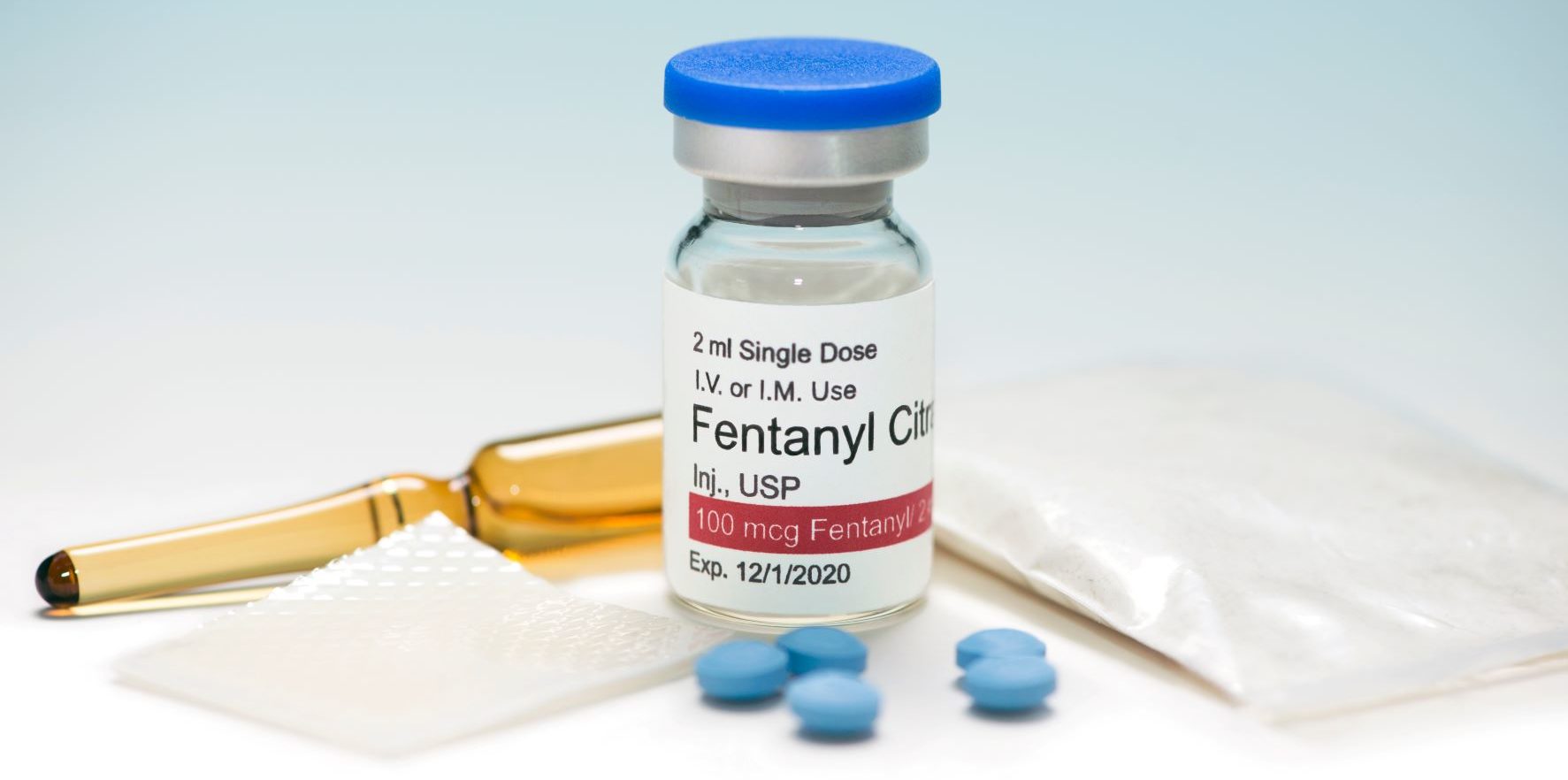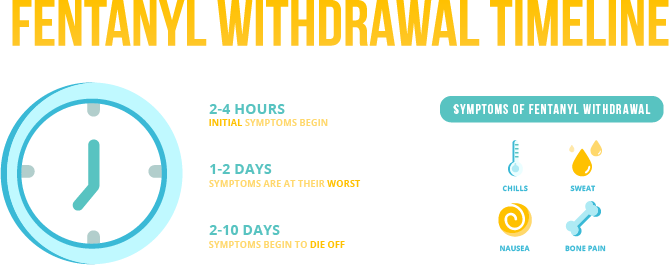Fentanyl is a powerful and addictive pharmaceutical drug. Fentanyl is typically prescribed for cases of severe pain. Like many other prescription drugs, fentanyl can be abused, which can lead to addiction and other effects. This is when fentanyl addiction treatment becomes necessary. There are a number of negative effects that can occur when fentanyl is abused. It is important to be aware of these signs and the dangers involved with fentanyl abuse. Fentanyl can be extremely powerful and can result in overdose or death if left untreated.
At Free by the Sea, we understand how ruthless drug addiction can really be. We’re here to help you get to a better place and towards a brighter future. We offer fentanyl detox, along with a number of other treatment options. There is no time to waste, let us help you or your loved ones today.

A Closer Look at Fentanyl
Fentanyl is a synthetic pharmaceutical drug in the form of an opioid pain reliever (OPR). This drug is extremely powerful and is usually best for relieving severe pain. It is said to be 50 to 100 times stronger than morphine.
Fentanyl can be taken after an intense surgery or during cancer treatment. This substance has many different names but ultimately has the same function. Let’s take a look at some of the common brand names and forms of fentanyl:
- Actiq: A form of fentanyl that is placed under the tongue (like a lollipop). Used for cases where a person is already taking pain-relieving medications
- Sublimaze: Used in hospitals, occasionally used with anesthetics. An injectable form of fentanyl used to relieve pain before and after surgery.
- Abstral: A quick-dissolve tablet that is administered under the tongue for immediate relief. Can also be used for people who are opioid-tolerant.
- Duragesic: A unique fentanyl patch used to help moderate to severe pain (effects can last up to 3 days)
- Subsys: A sublingual spray placed under the person’s tongue for immediate pain relief. Used to treat breakthrough cancer pains.
- Lazanda: A fentanyl nasal spray that is used similarly to common nasal decongestant sprays. It’s typically used for cases of cancer treatment.
Fentanyl Abuse
As with many opiates like fentanyl, there is always the potential for abuse and eventual addiction. Over time a person can begin to experience a number of effects on their mind and body. Fentanyl can also be especially dangerous because of its powerful effects on a person.
Fentanyl blocks pain receptors in the brain and increases the happiness-inducing chemical dopamine. Some people misuse fentanyl to get its euphoric effects. Misuse of a drug occurs when someone takes a drug that wasn’t prescribed to them or in a way that was not intended by their doctor.
As with other drugs, fentanyl has some common street names. Fentanyl is sometimes referred to as the following:
- TNT
- Crush
- Apache
- China girl
- Dance fever
- China white
How People Use Fentanyl Illegally
Fentanyl is abused in a number of different ways and remains a dangerous opioid on the market (if misused). Some of the most illegally used versions of fentanyl are made in labs. Fentanyl is often sold illegally in powder form, placed in eye droppers, nasal sprays, mock pill form, or dropped onto blotter paper.
Certain drug dealers may mix fentanyl with other drugs (heroin, cocaine, etc.) to create a more intense high. Some people may not realize that fentanyl is put into the mix, which can create an extremely addictive drug. Along with this, are the dangers involved with combining drugs together (which is something that should not be done under any circumstance).
The Effects and Symptoms of Fentanyl Abuse
There are a variety of negative effects that fentanyl can have on the body after continuous use. It is crucial to be aware of these signs so you can get help for a loved one or those close to you. Fentanyl has a huge risk for addiction, no matter what form it comes in.
As mentioned earlier, people who consume fentanyl at an unprescribed level will experience extreme euphoria. Additionally, they will enter a relaxed state similar to that of a heroin ‘high’. Along with these feelings, comes a number of negative, potentially fatal, effects on the body, these include the following:
- Headaches
- Dizziness
- Seizures
- Itching
- Slowed breathing
- Blurry vision
- Drowsiness
- Euphoria
- Mellowness
Fentanyl Overdose
Over time, a person may build a certain tolerance to fentanyl. This can cause a number of more severe issues, one of which is a possible overdose. Simply abusing fentanyl has a risk of an overdose but building tolerance to such a powerful drug can be especially dangerous.
An overdose occurs when a certain drug (in this case fentanyl) produces dangerous and life-threatening symptoms. Fentanyl, in particular, can slow down someone’s breathing, sometimes to a complete stop. This effect can result in hypoxia, which is a decrease in oxygen to the brain. This can lead to permanent brain damage, coma, or death.
A fentanyl overdose is typically treated with a medicine called naloxone. If administered in a timely manner, naloxone can deter the effects of opioid drugs. Due to fentanyl’s power, multiple doses of naloxone may be required. If you suspect that a loved one or someone you know may be overdosing, do not wait; call 9-1-1 immediately and get help.
Fentanyl Addiction and Withdrawal Symptoms

When addiction occurs, a person’s life can completely spiral out of control. Their behavior, social group, and overall mindset can change when a drug like fentanyl is the source of addiction. Substance abuse disorders, like fentanyl addiction, require effective professional treatment, in this case, fentanyl addiction treatment.
Over time, certain withdrawal symptoms can begin to arise and worsen if left untreated. Some of fentanyl’s common withdrawal symptoms include the following:
- Trouble sleeping
- Intense cravings
- Bone and muscle pains
- Vomiting and diarrhea
- Goosebumps and cold flashes
- Uncontrollable movements (particularly, the person’s legs)
These uncomfortable and painful withdrawal symptoms can make quitting extremely difficult for addicts. Luckily, rehab centers like Free by the Sea are here to make your recovery process effective and comfortable. With a passionate staff and 24/7 help, we’re here to get you to a better, happier life down the line.
Fentanyl Addiction Treatment Options
The road to recovery can be uncomfortable and sometimes painful but fentanyl addiction treatment is necessary. There many treatment options that seek to help you break free from the chains of addiction. Recovery is possible and achievable with the right treatment resources.
Free by the Sea offers many treatment options for you and your loved ones. There is no excuse to wait, the time is now to get the help you deserve. Let’s take a look at some of Free by the Sea’s fentanyl addiction treatment options.
Fentanyl Detox
Detoxification is usually the first step of all drug addiction treatment processes. Detoxification (or detox for short) purges the body of all substances. This helps tame some of the intense withdrawal symptoms. Additionally, detox opens up the doors for other treatment options. Detox alone isn’t enough to cure addiction but it is a necessary step in the process.
Medication
Since fentanyl is such a powerful and effective drug, other medications are sometimes used in the treatment process. Medication options like methadone and buprenorphine can be used to bind the same opioid receptors in the brain like fentanyl. These can help reduce the withdrawal symptoms and reduce the intense cravings associated with fentanyl addiction. We’ll make sure you are a good fit for medication when the time comes.
Therapy Options
One of the most common forms of addiction treatment comes in the form of therapy. What many people forget is that addiction is more than just a physical dilemma, it has its variety of mental effects as well. Free by the Sea offers a variety of personalized therapy options to get you on the road to recovery. Common therapy options for fentanyl addiction treatment include:
- Motivational interviewing – Help to motivate the person and get them to accept change for the better
- Cognitive-behavioral therapy (CBT) – A widely used therapy method that focuses on changing thoughts and behaviors. Can also manage stress and keep triggers under control
- Group therapy – A great option to share your story and open up about your own struggles with others in the same situation
These are just some of the more common therapy options used for addiction. Treatment is completely subjective, some treatment options may work better for you than others. Free by the Sea will be by your side to help you choose the best option for you.
Get Help Through Our Fentanyl Addiction Treatment Program!
Addictions like fentanyl addiction can be crippling to a person’s wellbeing and life. If you are concerned that you or someone you know is struggling with addiction, it may be time to get fentanyl addiction treatment. Our passionate staff is ready to help you towards a happier, healthier life. Contact us today for more information on treatment options and resources.

Dr. Richard Crabbe joined our team in 2019 as our psychiatrist and medical director. He attended the University of Ghana Medical School where he became a Medical Doctor in 1977. From 1978 through 1984, he was a medical officer in the Ghana Navy and provided a variety of services from general medicine to surgeries. He received his Certificate in General Psychology from the American Board of Psychology and Neurology in 2002.



